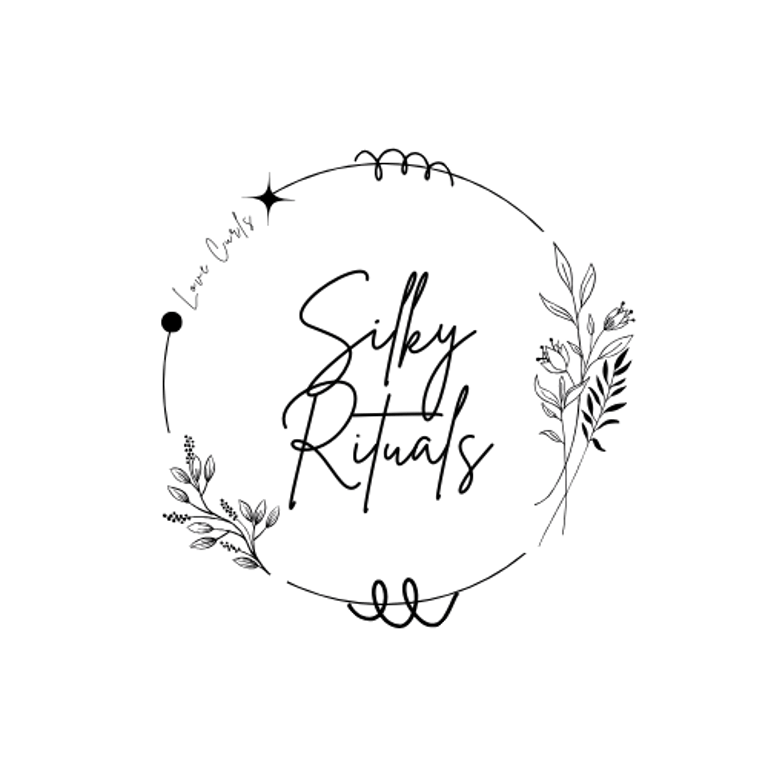Protecting Your Curls: Effective Strategies to Shield Curly Hair from Damage and Sun Exposure


Understanding the Vulnerability of Curly Hair
Curly hair is naturally distinctive, characterized by its unique spiral structure that sets it apart from straight or wavy hair types. This uniqueness fundamentally influences its vulnerability to damage from various external factors such as sun exposure, heat, and environmental conditions. The shape of curly hair strands leads to a specific arrangement of cuticles, which can result in uneven distribution of natural oils along the hair shaft. Consequently, this irregular oil distribution causes curly hair to be more prone to dryness, making it particularly sensitive to environmental stressors.
One of the essential aspects to consider is that the natural oils produced by the scalp take longer to travel down the twists and turns of curly hair. This path restriction can lead to increased dehydration, as moisture has a more challenging time being evenly distributed. Hair dryness can further exacerbate issues such as frizz, a common complaint among those with curly hair, and makes the strands more susceptible to breakage. Additionally, when subjected to prolonged sun exposure, the motivational moisture balance of curly hair becomes disrupted, resulting in damage and loss of sheen.
The inherent structure of curls also means that they do not reflect light in the same way as straight hair, making them appear duller and sometimes leading to a perception of unhealthy hair. Environmental factors such as humidity and pollution can further complicate this issue, penetrating the hair shaft and causing additional stress. Therefore, understanding the unique anatomy and characteristics of curly hair becomes essential in formulating protective strategies. By recognizing these vulnerabilities, individuals can adopt effective measures to maintain their curls' health and resilience in the face of damaging elements.
The Effects of UV Rays on Hair Health
Ultraviolet (UV) rays, primarily from sunlight, can have detrimental effects on hair health, particularly for those with curly hair. The invisible and powerful nature of these rays impacts the hair structure, leading to a series of damaging consequences. Specifically, UV rays penetrate the hair cuticle, which is the outermost protective layer of the hair shaft. This can compromise the cuticle integrity, resulting in a loss of moisture that is essential for maintaining soft and healthy curls.
As the moisture content diminishes, hair becomes increasingly brittle, making it prone to breakage. Curly hair is naturally drier than straight hair due to its structure, which means that it already faces unique challenges in retaining moisture. The role of UV rays in hastening moisture loss is crucial, as it leads to significant changes in hair texture and overall health. Furthermore, exposure to UV radiation can accelerate color fading in curly hair, whether natural or chemically treated. This fading can alter the vibrancy of hair color, affecting the aesthetics that many curly hair individuals strive to maintain.
In the long term, chronic exposure to UV radiation can lead to premature aging of hair strands, manifested by conditions such as increased frizz, dullness, and split ends. Moreover, scalp skin can also suffer from excessive sun exposure, leading to issues such as sunburn or the development of certain scalp conditions, which can further impact hair growth and overall hair health. It is essential for individuals with curls to recognize the importance of sun protection as a critical part of their hair care regimen. By incorporating protective measures against UV rays, such as hats, scarves, and UV-blocking hair products, one can significantly enhance the resilience of curly hair against the damaging effects of solar radiation.
Practical Protection Strategies for Curly Hair
Protecting curly hair from sun damage requires a multifaceted approach that encompasses both protective accessories and appropriate hair care products. One of the simplest yet most effective strategies is to wear hats or scarves when spending extended periods outdoors. Accessories that cover the hair not only provide shade but also act as a barrier against harmful UV rays, helping to prevent dryness and frizz.
In addition to physical barriers, utilizing UV-protectant sprays is crucial for safeguarding curls from sun exposure. These specialized products create a protective layer around each strand, minimizing the potential for sun-induced damage. Regular application of such sprays before heading out can significantly enhance the health and resilience of curly hair, allowing it to maintain its natural beauty even in sunny conditions.
Deep conditioning treatments play a pivotal role in the protection of curly hair as well. By regularly incorporating deep conditioners rich in moisture and essential nutrients, individuals can fortify their curls against environmental aggressors. These treatments help to restore hydration and can improve overall hair texture, making curls less susceptible to damage from the sun.
Choosing the right hairstyles can also provide added protection for curly hair. Opting for protective hairstyles, such as braids, buns, or twists, can help reduce exposure to sunlight while minimizing the risk of tangling and breakage. When selecting hair products, it is essential to choose those specifically tailored for curly hair. Look for formulations that cater to the unique needs of curls, providing both moisture and strength.
Implementing these practical strategies can significantly enhance the protection of curly hair from both the damaging effects of the sun and other environmental factors, ensuring that curls remain vibrant and healthy throughout the year.
Nurturing Curly Hair: Moisture and Daily Habits
Curly hair requires specific attention, particularly during the summer months, when heat and humidity can cause significant moisture loss and potential damage. One of the most effective strategies to maintain healthy curls is to ensure adequate hydration. Utilizing hydrating hair products, such as sulfate-free shampoos and rich conditioners designed specifically for curly hair, is essential. These products help to retain moisture while preventing frizz, which can be exacerbated by heat exposure.
In addition to shampooing and conditioning, incorporating leave-in conditioners or moisturizing sprays into your hair care routine can greatly enhance hydration levels. Look for those containing ingredients like glycerin or aloe vera, as they are known for their ability to attract and retain moisture. Furthermore, natural oils such as coconut, argan, and jojoba can be used to seal in moisture. Apply a few drops to your hands and gently scrunch it into your curls for added protection against environmental factors.
Aside from product use, daily habits significantly impact the health of curly hair. It is recommended to minimize heat styling, as excessive use of hair dryers and straighteners can lead to split ends and breakage. When heat styling is necessary, always utilize a heat protectant to shield your curls from high temperatures. Instead, consider air-drying or using a diffuser attachment on low heat settings to preserve the natural curl pattern.
Gentle handling methods are equally important; using a wide-tooth comb or your fingers to detangle wet hair can prevent breakage. Additionally, avoid tight hairstyles that place undue stress on the hair shaft. By adopting these simple yet effective daily habits, along with incorporating moisturizing techniques, individuals with curly hair can foster a sustainable, healthy hair routine that ensures their curls remain vibrant and resilient against damage.
